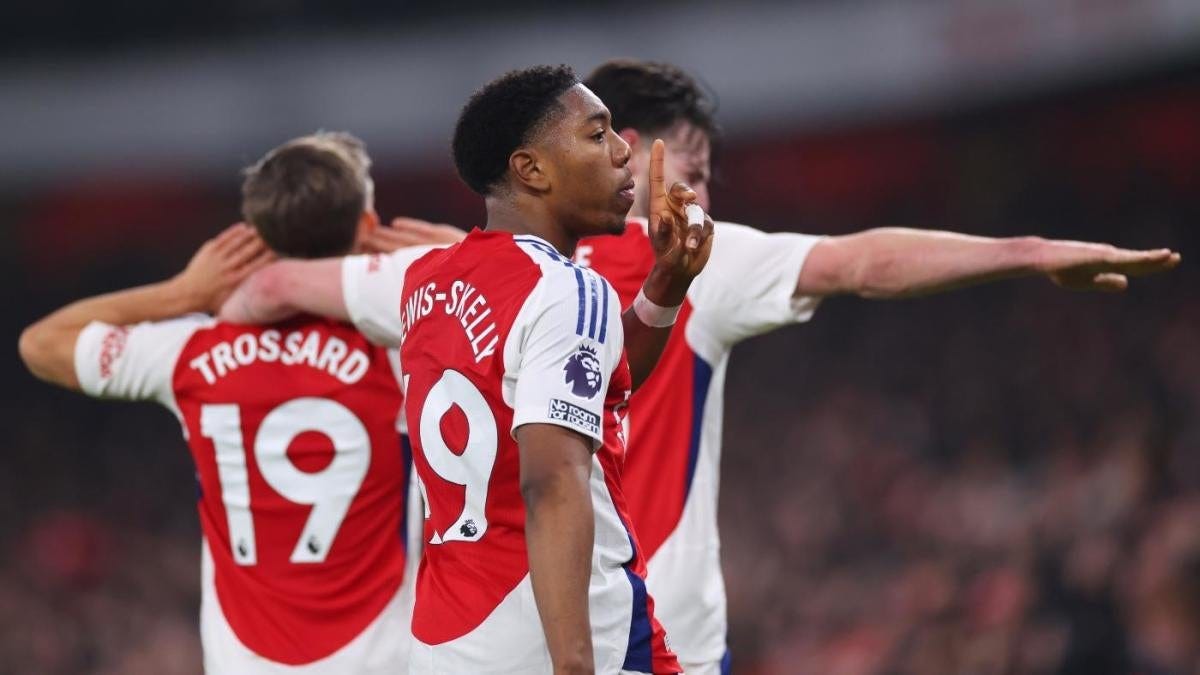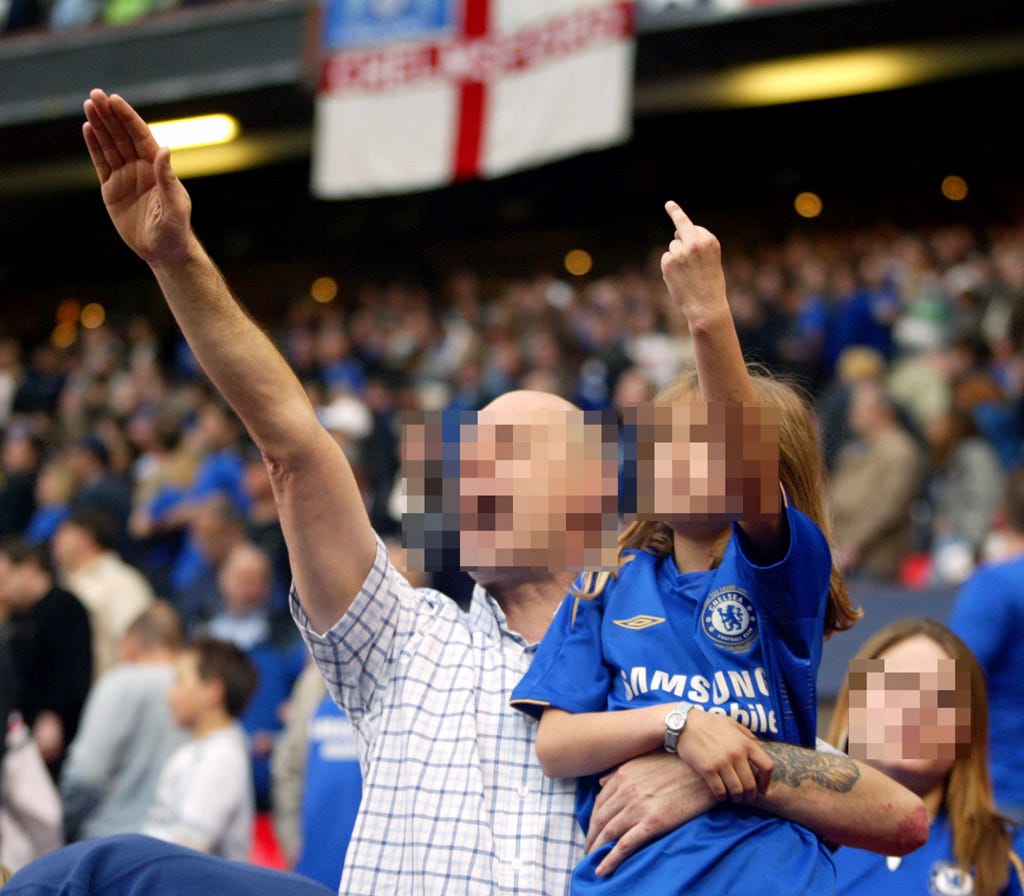Why Does Everyone Hate Arsenal?
Arsenal's Legacy of Progression and Swagger: Why the Club's Bravery and Boldness Continues to Draw Criticism
Arsenal have always been different. For decades, the club has stood apart—whether through its style of play, its recruitment, or its identity. And yet, despite not engaging in the same controversies as other top clubs, Arsenal remain one of the most maligned teams in English football. The question is: why?
Some say it's because of the fans—too loud, too confident, too present. Others claim it's due to the club’s lack of recent trophies. But the truth runs deeper. Arsenal have consistently been at the forefront of change, and English football, especially its media, has never been comfortable with that.
A History of Being Different
The hostility towards Arsenal didn’t start in the 2010s or even in the Wenger era. It has roots in the club’s long history of breaking norms.
In the 70s and 80s, Arsenal had a strong Irish presence, with players like Liam Brady, David O’Leary, and Pat Rice. Many forget that during this period, the Irish in England were heavily discriminated against, nearly as much as Black people. Arsenal’s embrace of Irish talent was already a step away from the norm, and the resentment towards the club grew.

Then Arsène Wenger arrived and Arsenal changed English football forever. The club's approach to training, nutrition, and scouting revolutionized the game. But beyond tactics and philosophy, Arsenal also disrupted the traditional makeup of English teams. Two key moments stand out:
Arsenal became the first team in English football history to field nine Black players in a starting XI.
Arsenal became the first team to name an entirely foreign squad for a top flight game.
Both events sparked outrage. The media framed it as Arsenal "abandoning" English football, while rival fans latched onto outdated stereotypes. Wenger’s Arsenal were labelled as "soft" because they didn’t conform to the traditional British ideals of grit over technique.
Yet, when Arsenal began to show more physicality, more bite, and more aggression, the narrative flipped. Now, they were "too cocky," "too arrogant," and "hadn’t won anything to justify it." The goalposts never stopped moving.
The Myles Lewis-Skelly Celebration & The Fear of Arsenal Swagger
Nothing highlights this bias more than the recent outrage over Myles Lewis-Skelly’s celebration. A young English player, scoring a huge goal in a massive game, decided to hit Erling Haaland’s signature meditation pose in response to Haaland mocking him earlier. For Arsenal fans, it was a moment of pure joy. Swagger, confidence, and revenge all in one.
And yet, instead of celebrating a young talent embracing the entertainment side of football, the media and rival fans turned it into a controversy. This came just days before the Premier League and referees discussed penalizing celebrations that were seen as "winding up" the opposition.
This is a uniquely British problem. Football thrives on passion, emotion, and personality. Players should be allowed to celebrate however they want. But when an Arsenal player does it? Suddenly, it’s a problem.
As a fan, that celebration meant more to me than the goal itself. When Lewis-Skelly hit that pose, he wasn’t just celebrating—he was making a statement. He was telling Haaland, and the world, exactly who he was.
The Real Reason Arsenal Are Hated
Arsenal fans are loud. No one can deny that. But so are Liverpool fans. So are United fans. So are Chelsea fans. The difference? There are more of us. Arsenal are the biggest club in London. We dominate the capital, and that dominance extends into conversations about football across the country.
But look at the actual "crimes" of English football’s elite clubs:
Chelsea were owned by Roman Abramovich, a Russian oligarch with direct ties to Vladimir Putin, and have a historically racist fanbase.
Manchester United essentially ran a referee racket during the Ferguson years, going nearly six years without conceding a penalty at Old Trafford.
Manchester City have financially doped their way to dominance through state-backed wealth.
Liverpool publicly backed Luis Suárez after he racially abused Patrice Evra.
And yet, somehow, Arsenal are the villains?
The reality is that Arsenal have always represented something different in English football. A club that embraces diversity. A club that isn’t afraid to push boundaries. A club that wins while doing things its own way. That makes people uncomfortable.
Arsenal have always been trailblazers, and English football doesn’t know how to handle that. But as Arsenal climb back to the top, the noise is getting louder. And that’s fine—because the more they talk, the more it proves that Arsenal are back.







Perfectly said, the criticisms of Myles are clearly hidden racism. Football is plagued by tribalism which doesn't really allow people to think at all. The same people who want England to win an international trophy are the same ones who'll be closeted racists.